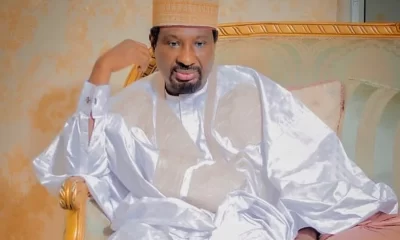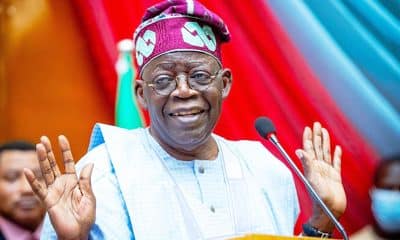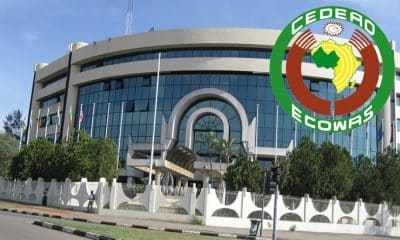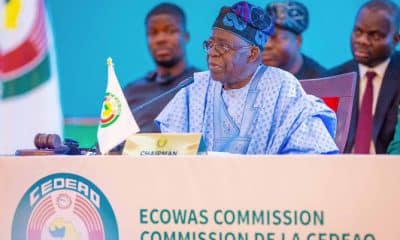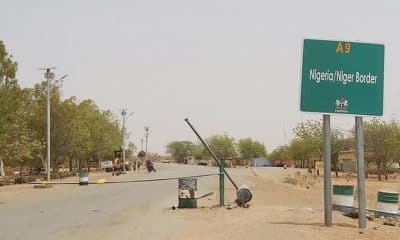Business
Nigerian Borders Closed: ECOWAS Still Looking For A Solution
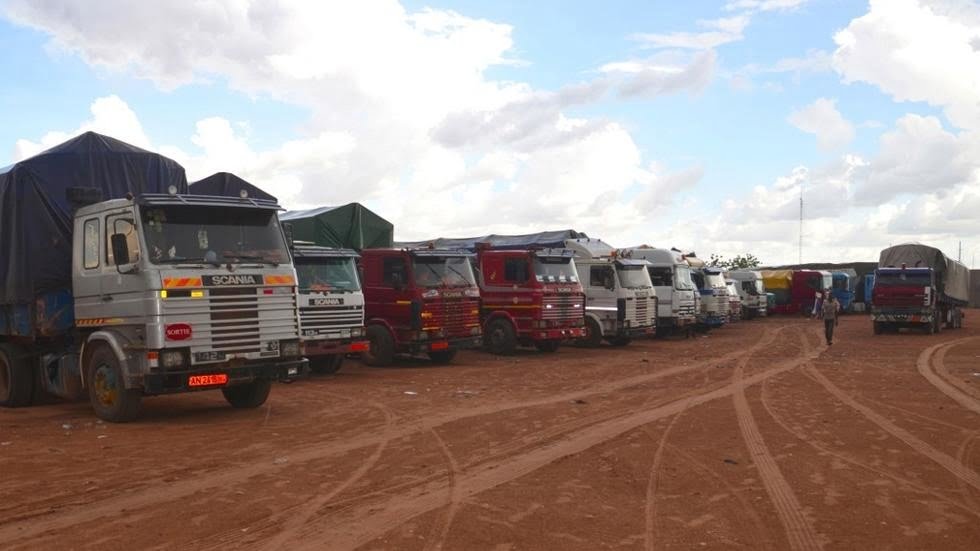
Six months after the closure of Nigeria’s land borders with its neighbors, the consequences for economic exchanges within the ECOWAS are negative. The integration and trade ministers met in Ouagadougou to make proposals to end the crisis for the heads of state of the ECOWAS.
Far from affecting only prohibited products, the closing of borders has an impact on products approved by the free trade scheme. Countries like Ghana, Togo, and Côte d’Ivoire have been denied access to the Nigerian market for their products.
This closure has a negative impact on the volume of intra-Community trade since more than 80% of companies and products approved by the trade liberalization scheme in the ECOWAS area come from directly affected the Member States.
“Economic operators, not to mention consumers, who today doubt our community, are wondering if the ECOWAS is a reality, points out Jean-Claude Kassi Brou, chairman of the ECOWAS Commission. In addition, the usefulness of important community projects, such as the construction of juxtaposed control ports, and even the creation of the single currency, may be questioned.”
Reassuring Nigeria
This situation is certainly worrying according to Salou Djibo, the Nigerien president of the “task force” on the free movement of people and goods. But there are simpler and easier solutions to implement in order to reassure Nigeria, he underlines.
“The deployment of the national biometric identity card enabling a large number of citizens to be provided with a simple travel document at a reduced cost would make it possible to increase secure mobility and reduce red tape at borders and on the main roads of the ECOWAS. It would also reassure Nigeria regarding security concerns and human trafficking. ”
The participants in the Ouagadougou meeting presented the conclusions of their work to the Burkina Faso president, who himself was responsible for transmitting them to his ECOWAS peers for validation.



